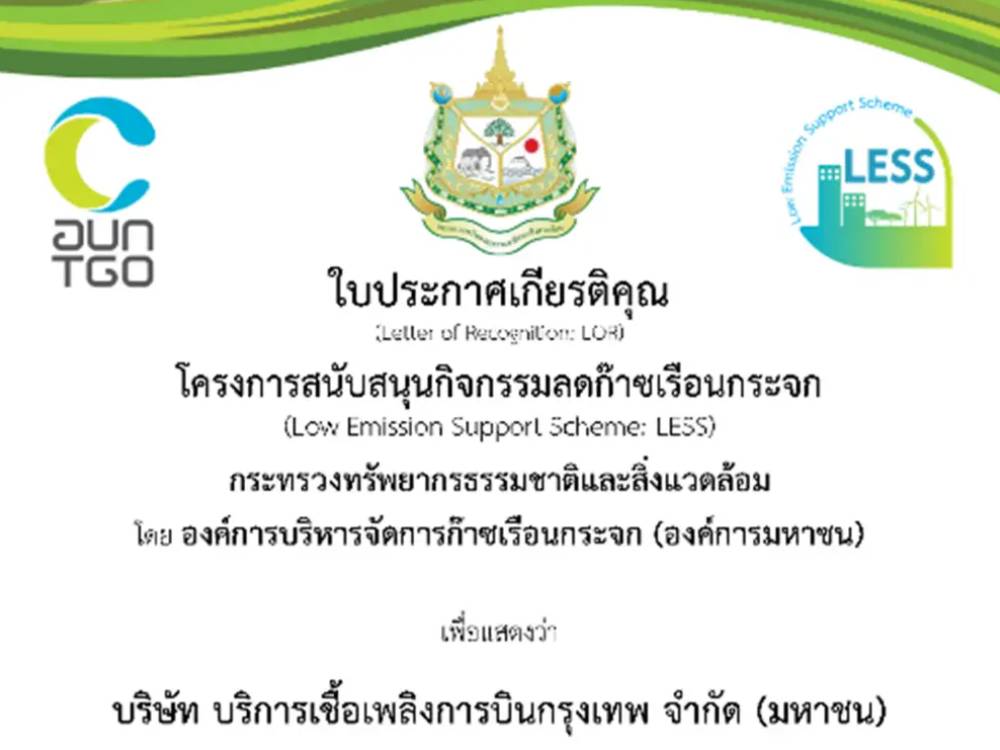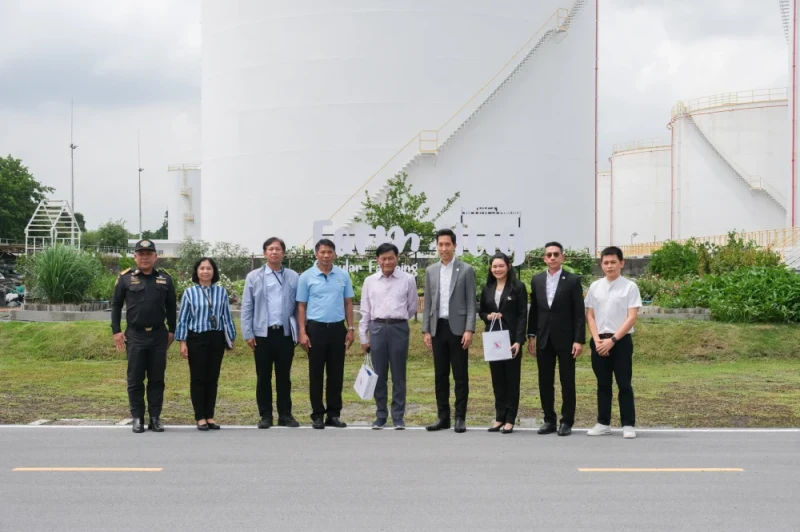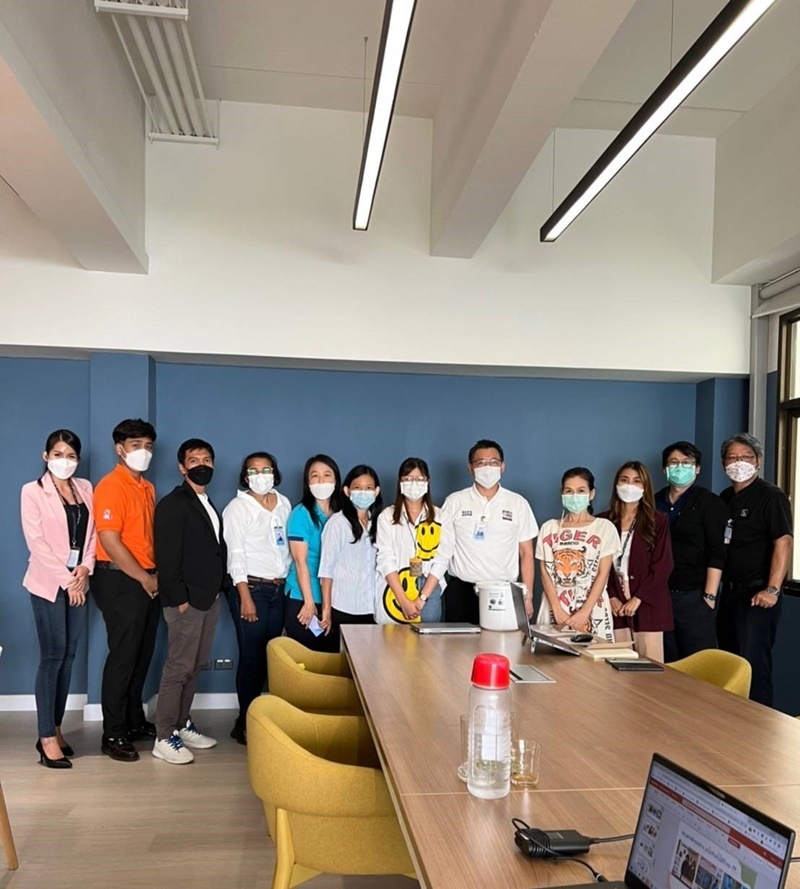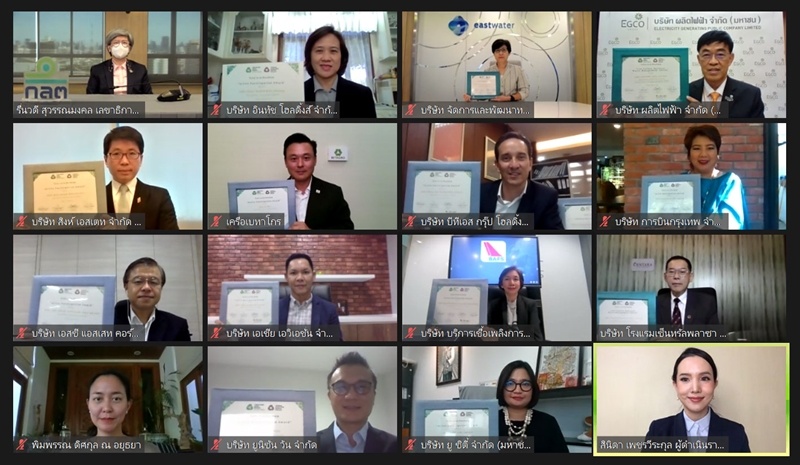Waste Management
Sustainable General Waste Management Targets
The company has set targets based on the 2023 base year and aims to increase the recycling rate in the short, medium, and long term.
Longterm target
Medium term target
Short term target
Waste Management
BAFS is dedicated to effective waste management and has been actively participating in the "Vibhavadi Waste-Free" project since 2019. The company carries out various activities to reduce landfill waste by sorting and recycling waste materials. BAFS has set a goal to increase the recycling rate by 20% by 2030 and achieve 100% recycling by 2050. In addition, the company focuses on reducing waste at the source and supports the reuse or conversion of waste into alternative energy. Employee and management involvement is crucial in driving the organization towards the goal of Zero Waste to Landfill and long-term sustainability.
Waste Management Performance from 2022 to 2024
The company collects data on the amount of waste in each category annually to analyze and compare waste quantities. This data is then used to plan and develop campaigns aimed at addressing waste management challenges. The information distinguishes between recyclable and non-recyclable waste. The waste quantities from 2022 to 2024 are detailed as follows:
Bringing Waste Home: A Sustainable Waste Management Approach
The company is committed to considering the environmental impact of waste generated by its operations. It ensures appropriate end-of-life solutions for various types of waste, enabling recycling or upcycling innovations. In 2024, the company successfully identified proper disposal pathways for all waste categories, including food waste, aluminum cans, glass bottles, paper, plastic, infectious waste, general waste, and sharp objects. Each category is directed to suitable destinations for effective management. The company remains dedicated to driving sustainable waste management practices moving forward.
Hazardous waste management guidelines
The company has guidelines for managing hazardous waste. Hazardous waste will be recycled 100% without landfill. The company has set a target for the amount of recycling of hazardous waste in 2025 to be equal to 100%, and in the current status the company is still able to dispose of hazardous waste using the recycle method 100% in every step of activities that create hazardous waste. From providing jet fuel services, maintenance, and various support activities.
The company receives cooperation from employees at all levels, from sorting waste to hazardous waste. Disposal in a designated container and location. Designating a person responsible for taking care of the place to ensure that there are adequate containers for receiving hazardous waste. As for hazardous waste storage locations, collected in red trash cans at the hazardous waste storage room. Specify the name or label of hazardous waste. Hazardous waste collection points are specially divided. There is easy ventilation. and is in a convenient location for transport and disposal.
The Company is aware of and places importance on the steps for disposing of hazardous waste generated from the Company's operating processes correctly, safely, and according to academic standards. Compliant with the law and is accepted internationally by an external agency that has received permission and registration for hazardous waste disposal from the government as required by relevant laws. The total cost of hazardous waste management is 160,000 THB per year
Hazardous waste
Target
Recycle 100%
Cost
160,000 THB per year




